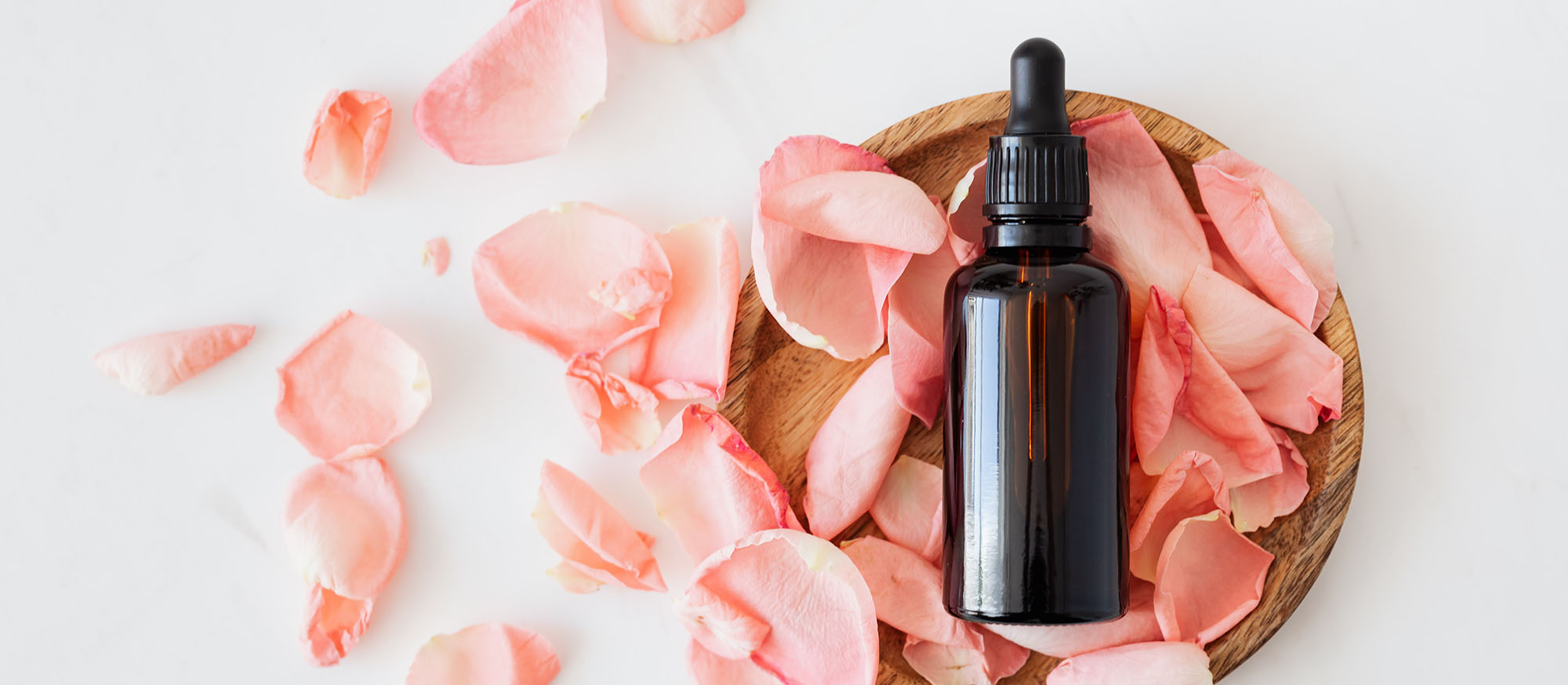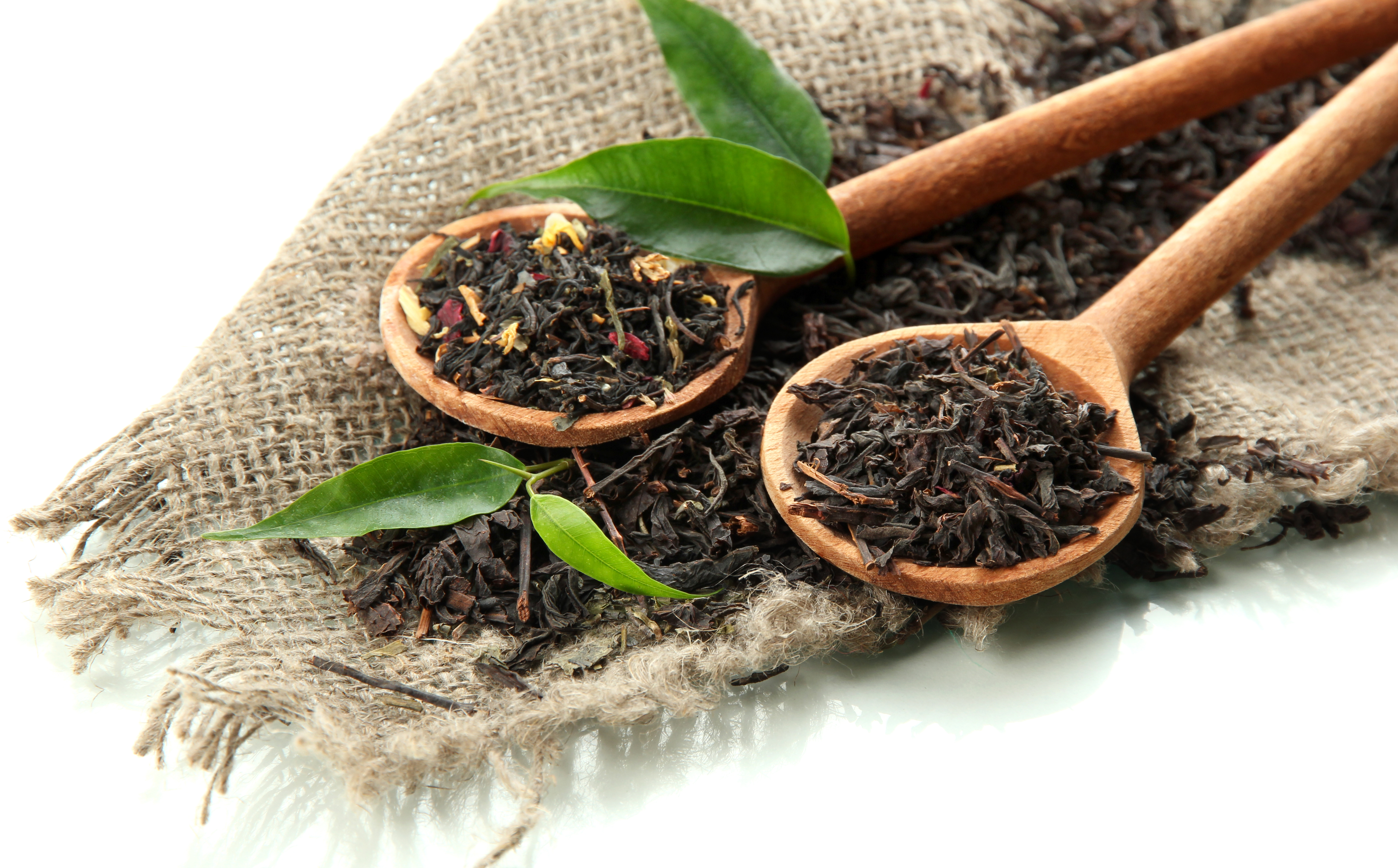If the wonderful woman who cuts my hair is to be believed, essential oils are nothing short of magic potions. They’ve done everything from cure her back pain and rejuvenate her nail beds to make her house smell like Thanksgiving all year long. Sounds great, right?
Before you load up on essential oils, it’s important to separate fact from fiction. Essential oils can provide an exciting array of benefits for your well-being, but some of the health claims made about them have stirred up controversy.
Fact: Essential Oils Are Plant Extracts
Essential oils are aromatic compounds that are derived from plants. Sometimes they’re harvested using a cold press or other mechanical means; sometimes they’re distilled using steam. Once those appealing aromatics are separated from their plants, they’re combined with an oil for ease of use.
How that oil is made matters. When buying essential oils, stick to those that are chemical-free and list the aromatic’s botanical name, like “cinnamomum zeylanicum” instead of “essence of cinnamon bark.”
Fact: Essential Oils Are Good for Your Limbic System
One very popular way to use essential oils is to add a few drops to some water in an oil diffuser, which will disperse the scent of the oil, or combination of oils, throughout the air. Studies show that smelling these aromas can stimulate your limbic system. That’s the part of your brain involved in behavior, emotion and memory. Inhaling certain scents can have a calming effect by reminding you of cherished places and events. For example, when I mix a few drops of clove, cinnamon and orange oils in my diffuser, it takes me right back to holidays in my grandmother’s kitchen, even if I’m firing my diffuser up in mid-July.
Fiction: Essential Oils Are Good for Your Blood Pressure
While research proves that essential oil-based aromatherapy can boost your memory, the jury’s still out on whether or not it can lower your heart rate or blood pressure, or improve any respiratory functions.
Fact: Essential Oils Can Reduce Stress and Anxiety
The keyword here is “can.” There’s no guarantee that inhaling essential oils will rid you of your worries, but research has shown that certain scents can reduce stress for certain users. For example, that Christmas kitchen oil cocktail I mentioned earlier often does wonders for my state of mind, but that’s because it tends to stir up pleasant memories.
Ultimately, it’s virtually impossible for researchers to do a blind study when scent is involved, so it’s been equally tricky to come to any strong scientific conclusions in this area.
Fiction: Essential Oils Are an Alternative to Antibiotics
While some essential oils, such as tea tree oil, have demonstrated antibacterial properties outside the human body, none of them have proven effective in fighting bacterial infections in people. In other words, adding tea tree oil to your homemade counter cleaner is a great idea. Taking a big swig of it after you wipe down your kitchen is absolutely not.
Fact: Essential Oils Can Reduce Headaches
While more research is needed, several studies have shown that rubbing peppermint oil or lavender oil on your temples or forehead can reduce headaches.
Fiction: Essential Oils Are Safe for Your Pets
According to the ASPCA, essential oils can be extremely harmful to some pets. It varies from animal to animal, of course, and the type of oil and the amount that the animal inhales, ingests or comes into physical contact with all matter as well.
Does this mean you need to junk your essential oil diffuser? If you have a pet bird, then yes, you probably should. They have exceptionally sensitive respiratory systems. For other pets, stationing the diffuser in an open area and out of your pet’s furry reach should be safe. If you’re worried, ask your vet.
Essential oils can be a great way to cozy up your space or take the edge off your migraine. As with any wellness product, however, you should do your homework first and read all labels.




